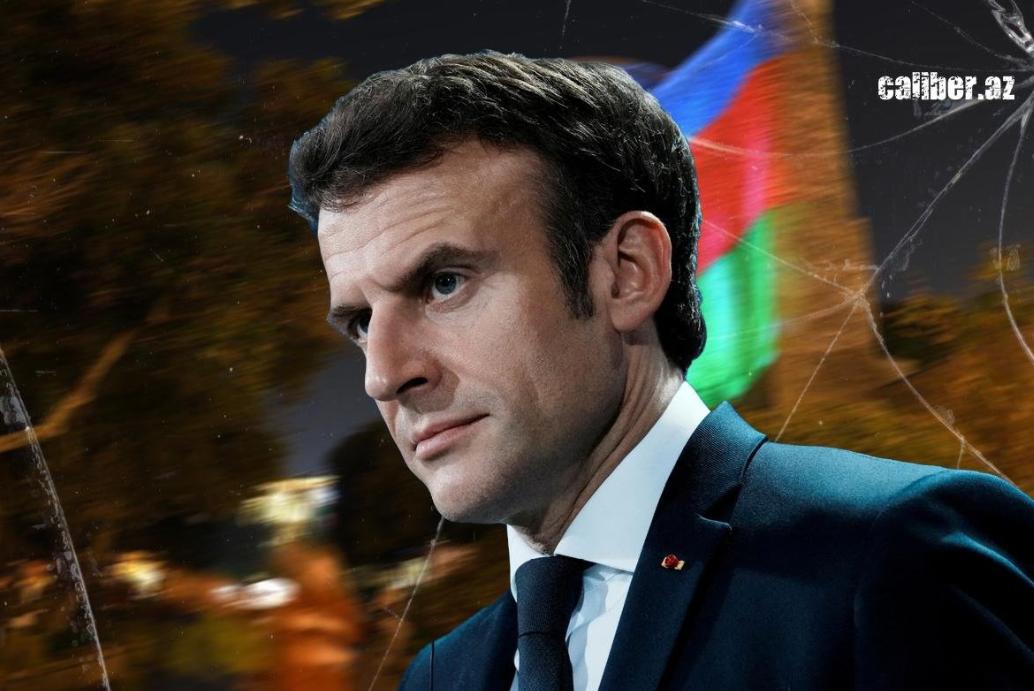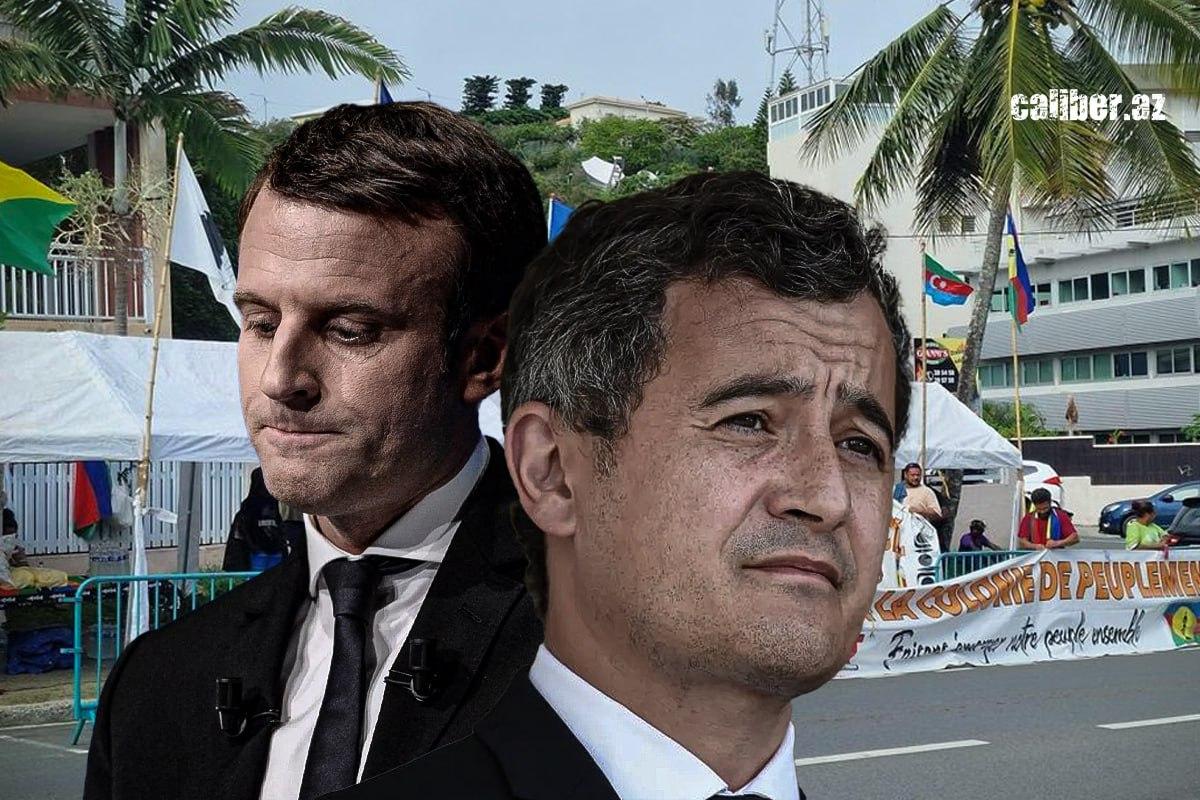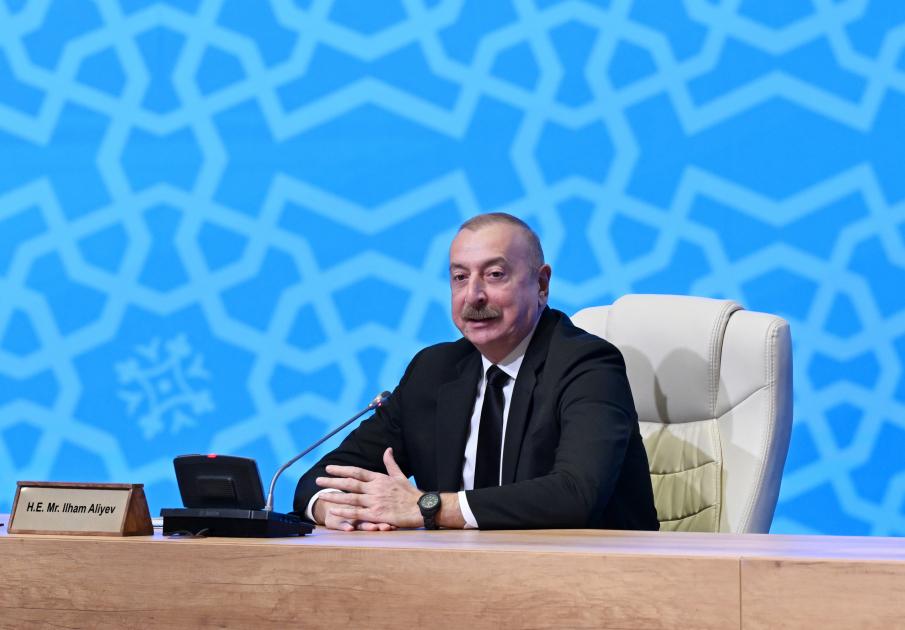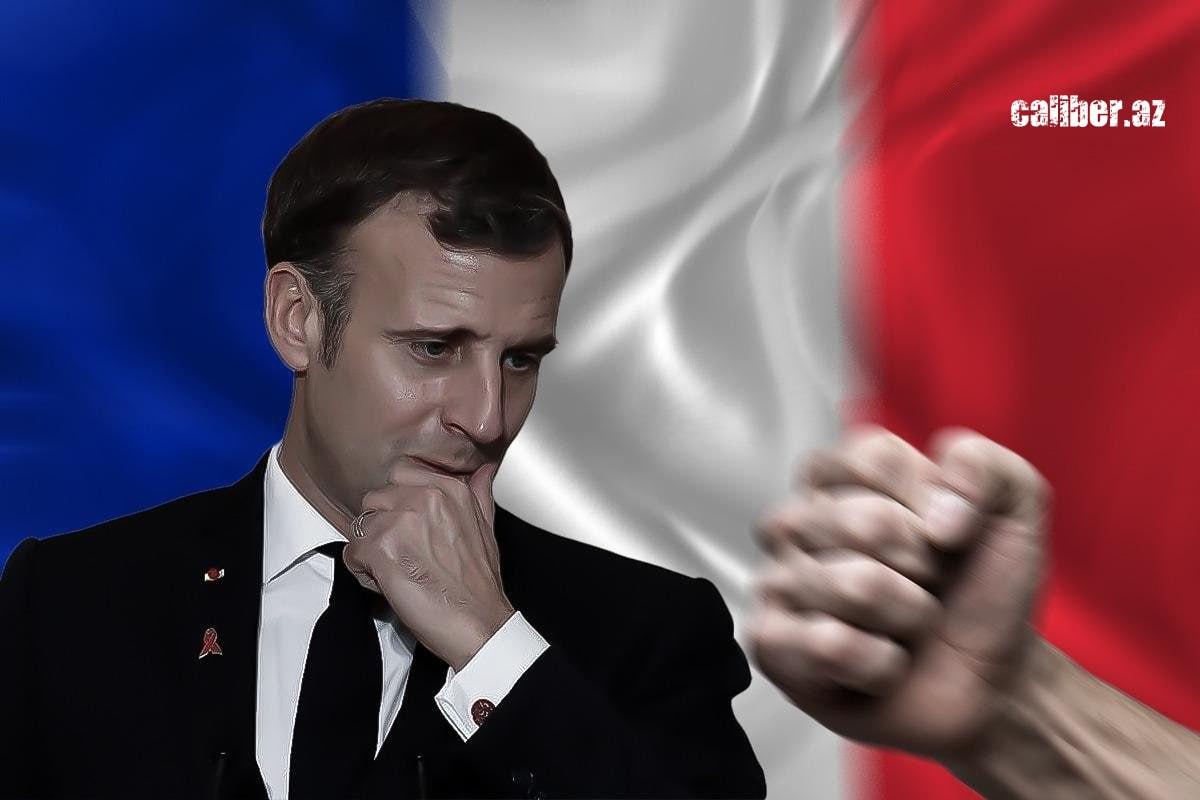Azerbaijan's rising profile in French politics, neo-colonial critique France's defensive posture
The name of Azerbaijan has consistently featured in French publications over the past month. The latest articles have scrutinized Azerbaijan's involvement in the national liberation movements of indigenous peoples in French Polynesia and New Caledonia.
"Tavini Huiraatira party representing French Polynesia's pro-independence movement, has signed a memorandum with the Baku Initiative Group, an international organization established by the Azerbaijani government, to address what it perceives as 'French colonialism,' franceinfo reports. While this development has garnered attention from various publications, some of them have subsequently criticized Azerbaijan, characterizing it as a problematic nation”.
The irony lies in the diminishing mention of Azerbaijan in relation to its conflict with Armenia, which constitutes its own set of issues, and the increasing association of Azerbaijan with the challenges faced by France in its overseas territories under the Fifth Republic.

It's nothing personal; it's what's termed as Baku's proactive foreign policy. Emmanuel Macron, a product of France's esteemed National School of Administration, doesn't need extensive explanation on this matter. In football terms, it's akin to deploying a strong press, compelling the opponent to cautiously maneuver near their own goal. Numerous illustrious figures from the French national team metaphorically broke their legs attempting to score against us. Colonna, Legendre, Pecresse, Zemmour, Hidalgo—what names! They showcased remarkable gameplay, passes, and attempts, including an instance where Pecresse ventured into the temporary jurisdiction of the Russian peacekeeping contingent in Azerbaijan's Karabakh region, albeit from an offside position. Others came close to scoring, but fell short. We may indulge French team fans by attributing it to bad luck. However, these legends have had their time; they've passed the baton and their experiences, under Macron's leadership, to the younger generation—Decottigny, Sejourne, Darmanin...
Indeed, let's delve into Darmanin's recent address to the legislative commission of the National Assembly. As France's interior minister, he criticized Azerbaijan's Milli Majlis for signing a memorandum of cooperation with the Congress of New Caledonia, branding Baku's actions as "an extremely destructive interference," as reported by La Tribune.

Darmanin attempted to belittle Azerbaijan's motives by questioning its supposed lack of economic, political, cultural, or sporting interests in the South Pacific. However, he seemed oblivious to the irony of his stance, which fails to resonate with anyone but himself and others in the republic facing similar circumstances.
Once again, let's indulge in a bit of gleeful recounting. It's worth noting that these events unfold within the very chambers of the National Assembly, where the French government was urged to recognize the independence of the so-called "NKR," where French politicians arrogantly dismissed the rights of Azerbaijanis to sovereignty and territorial integrity. It appears that we've thoroughly disheartened French politicians and MPs, if not their desire, at least their ability to engage in such verbal acrobatics. However, amidst this, an important detail must be emphasized. It would be overly simplistic to view Azerbaijan's support for peoples in French overseas territories as mere retaliation for France's backing of Armenians (as Darmanin suggested). To assert this would be to overlook one of Azerbaijan's contemporary global missions—to contribute to the eradication of vestiges of neo-colonialism worldwide. As Azerbaijani President Ilham Aliyev underscored during his address at the 6th World Forum on Intercultural Dialogue themed "Dialogue for Peace and Global Security," "we stand for international law."

“The fight against neo-colonialism is something that I strongly believe in. Because we speak for justice, we speak for international law. Today in the 21st century, we cannot afford to allow some big European countries to continue colonizing other peoples. This is absolutely unacceptable. When we raise our voice nationally, and previously as the chair of NAM, it's not because we are acting against any country. It’s just because we defend justice and international law. This issue should not be ignored. The world should not turn a blind eye to this disgusting practice of neo-colonialism, which is leading to forceful assimilation. Forceful assimilation of more than ten French overseas territories is absolutely unacceptable and must be stopped. As the country and people who lived within other countries and within other empires, we know what it is to be free and independent. We want to help these people protect their rights, achieve independence, promote their culture, and preserve their language. This is something, which I believe every normal human being will defend,” President Aliyev noted.

It's worth emphasizing that France stands as the foremost advocate of neo-colonialism globally—an undeniable reality. In this regard, all elements seem to align perfectly. Moreover, it's this portrayal of France as the primary neo-colonial force, coupled with its obstinate insistence on upholding this ignominious status, that largely elucidates its policy in the South Caucasus. Paris, accustomed to wielding arrogant neo-colonial tactics, now appears to project these familiar methods onto the independent nations of the South Caucasus.
As we've previously expressed, we're flattered by the acknowledgment that a major power with a nuclear triad regards Azerbaijan as a worthy counterpart. However, the rapid deterioration of the French political elite is occurring at such an alarming rate that this recognition will soon lose its allure. We urgently call upon the French to exhibit respect—primarily for themselves, their cherished ideals of freedom, equality, and fraternity, and the international legal framework founded upon these principles. Only through such self-respect can they inevitably extend respect to the rights and freedoms of populations in their so-called overseas territories. By initiating this transformative process, the French may reconsider the trajectory of their foreign policy and, consequently, garner honor and esteem across other continents.
If they grasp the essence of our message.








